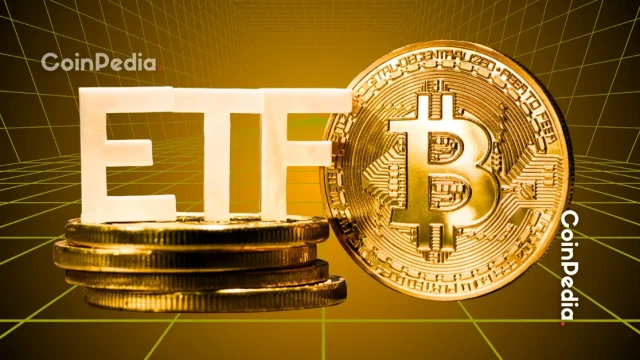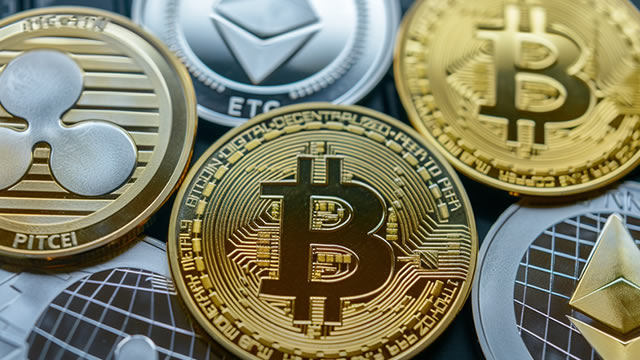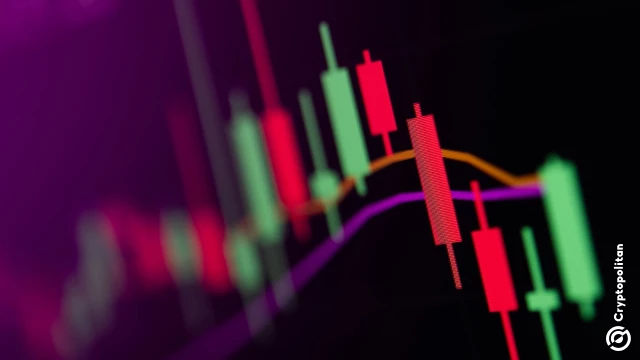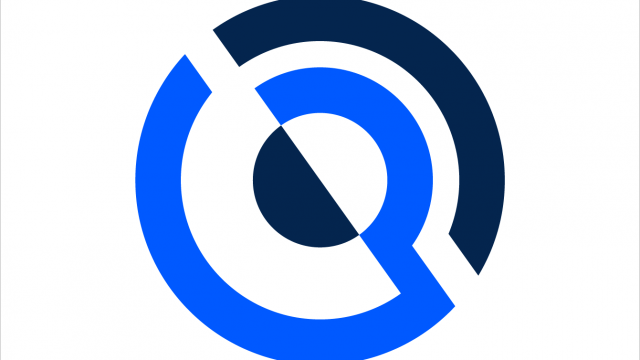
Seoul considers new penalties as North Korean crypto theft escalates
Summary
South Korea's Escalating Response to North Korean Crypto Theft: Sanctions, Regulations, and the Future of Digital Assets
As the global cryptocurrency market continues to grapple with the persistent threat of cybercrime, South Korea finds itself at the forefront of a rapidly evolving battleground. In a recent development, the country's Foreign Minister has announced that the government is considering imposing sanctions against North Korea in response to the escalating problem of cryptocurrency theft originating from the regime.
This decision comes amid growing concerns over the scale and impact of North Korea's illicit activities in the digital asset space. Over the past several years, the hermit kingdom has emerged as a formidable player in the world of crypto-related hacking and theft, with the UN estimating that the country has stolen as much as $2 billion through these means. The funds have been used to support the regime's weapons programs and other illicit activities, posing a significant threat to the stability of the broader cryptocurrency ecosystem.
The South Korean government's proposed sanctions represent a bold and proactive step in confronting this challenge. By targeting the financial infrastructure and resources that underpin North Korea's crypto theft operations, Seoul aims to disrupt the regime's ability to leverage digital assets for its nefarious purposes. This move is not only a matter of national security but also has far-reaching implications for the global crypto industry.
Experts believe that the success of such sanctions will hinge on the coordination and cooperation of the international community. As the crypto market becomes increasingly interconnected, a coordinated global response is essential to effectively curb North Korea's activities and mitigate the broader risks to investors and the industry as a whole. The implementation of robust know-your-customer (KYC) and anti-money laundering (AML) measures across exchanges and financial institutions will be crucial in this regard.
Beyond sanctions, South Korea is also likely to double down on its efforts to strengthen domestic cryptocurrency regulations and oversight. The country has already taken significant strides in this direction, with the recent introduction of a licensing regime for virtual asset service providers (VASPs) and the ongoing development of a comprehensive regulatory framework. These measures are designed to enhance the security and integrity of the crypto ecosystem, safeguarding both individual investors and the broader financial system.
As the global crypto industry continues to evolve, the developments in South Korea will have far-reaching implications. Investors and market participants will be closely watching the outcome of the proposed sanctions and the country's regulatory initiatives, as they could serve as a model for other nations grappling with the challenges posed by state-sponsored crypto theft. The future of digital assets may very well hinge on the ability of governments and industry stakeholders to work together in addressing these complex and ever-evolving threats.





